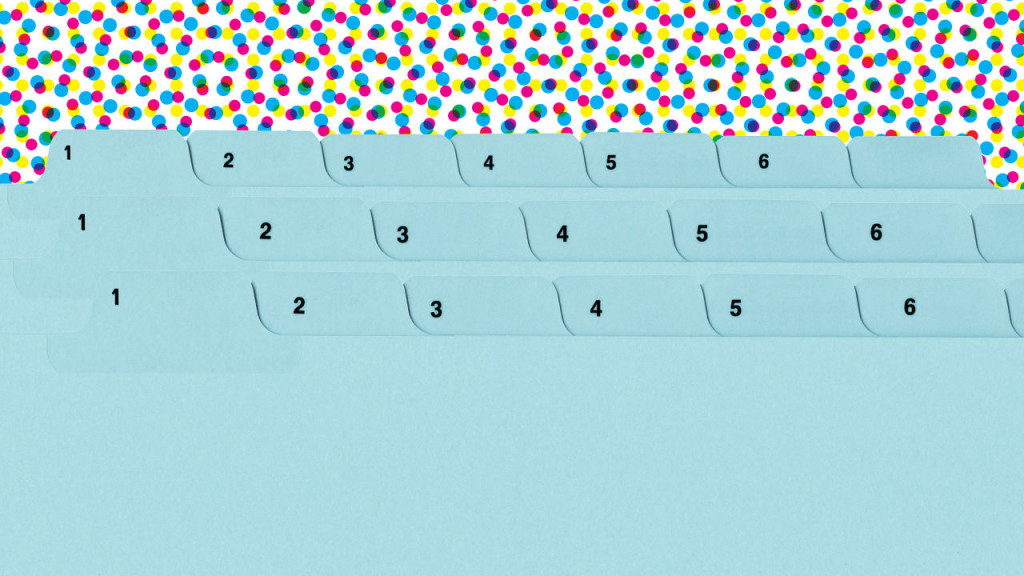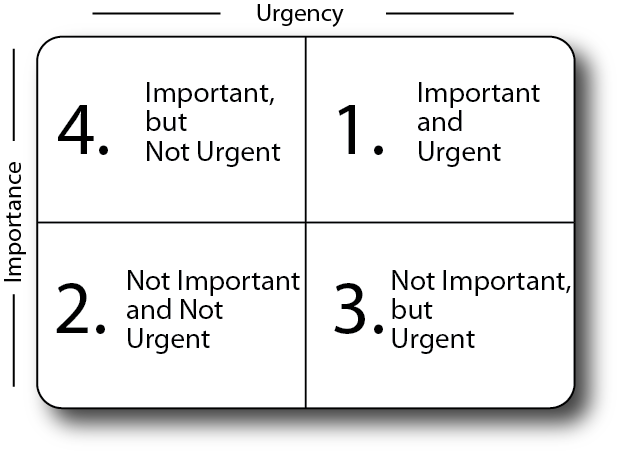“The main thing is to keep the main thing the main thing.”
-Stephen Covey, Author of The Seven Habits of Highly Effective People

Image from www.niagarafallsreview.ca
Stephen Covey was a wise man. Few individuals have had a more lasting impact in the development of individuals as life-long learners. Part of his brilliance was his ability to break complicated principles into their simplest form, resulting in his brilliant Seven Habits of Highly Effective People.
EXERCISE:
Apply today’s quote to Covey’s Seven Habits to discover your main things for the day:
- Be proactive
- Begin with the end in mind
- First things first
- Think Win-Win
- Seek first to understand, then to be understood
- Synergize
- Sharpen the saw
How will greater focus and far fewer “main things” help you realize more of your potential now, and in the future?




